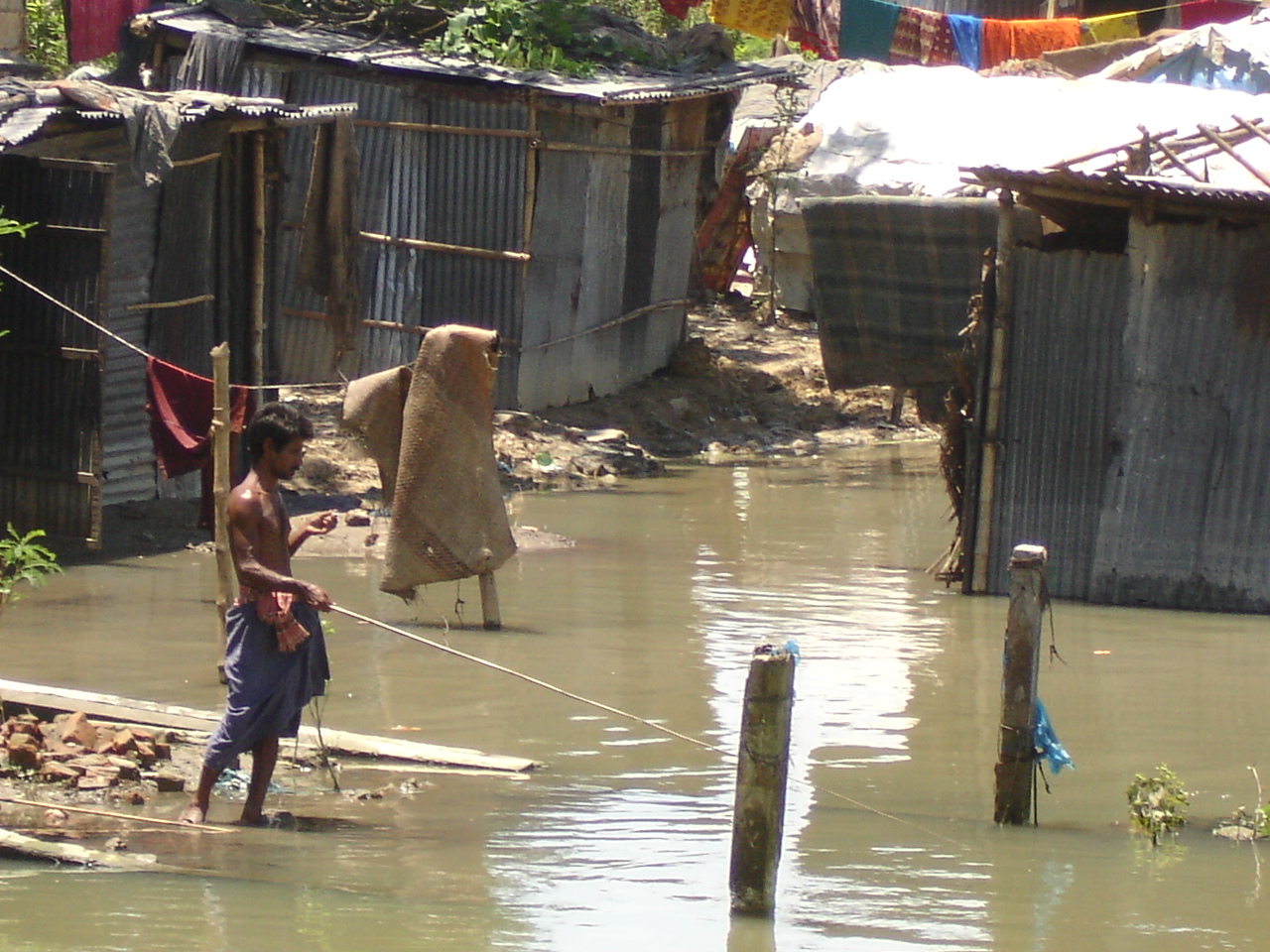Global demand for humanitarian assistance is likely to grow in the coming decade because of climate change, warned John Holmes, UN under-secretary-general for humanitarian affairs and emergency relief coordinator.
In his keynote speech to the fifth Dubai International Humanitarian Aid & Development Conference & Exhibition (DIHAD) on 8 April, Holmes said: "What we are witnessing is not an aberration, but rather a ‘curtain raiser’ on the future."
The conference, which ends on 10 April, addresses four main subjects - future crises, technology innovation, future challenges and emerging trends.
"We are already beginning to feel the effects: last winter, large swathes of Central Asia were devastated by the most severe weather for nearly three decades. Cyclone Gonu, which hit the [Arabian] Gulf coast last June, was one of the most severe cyclones ever to hit this part of the world,” Holmes said.
He said such events were "not abnormal" but were the "new normal".
Disaster risk reduction
Reviewing the number of recorded disasters in the world, Holmes said these have doubled from about 200 to over 400 per year over the last two decades, with nine out of every 10 disasters now climate-related.
Despite the rise in the number of disasters, the level of preparedness remains inadequate. “What we are trying to do now is to promote disaster risk reduction. It is not just being prepared for the disaster, but to reduce the impact of the disaster that we know is going to happen,” Holmes told IRIN after his keynote address.
“For example, in Bangladesh we know that there will be flooding every year… so you try to make sure that people are not living in the most flood-prone area and houses are built in the most flood-resistant way. This does not stop the flood from happening but it reduces its impact on people’s lives and their livelihoods,” he said.
Last year, the UN Office for the Coordination of Humanitarian Affairs (OCHA) issued an unprecedented 15 funding appeals for sudden natural disasters, five more than the previous annual record. Fourteen of these appeals were climate-related.
During the last decade, the world has paid more attention to global warming and climate change. A UN Climate Change Conference was held in Bali, Indonesia, in December 2007 to step up efforts to combat climate change and to launch formal negotiations for a long-term international agreement at the conference in Copenhagen to be held towards the end of 2009. These negotiations will also lay down measures and obligations after the expiry of the Kyoto Protocol’s first commitment period (end of 2012).
Food prices
Some experts say climate change has been a contributory factor in recent food price rises. These have led to riots in numerous countries, including Burkina Faso, Cameroon, Egypt, Mauritania, Mexico, Pakistan, Senegal, and Yemen.
“Since mid-2007, food prices have risen an estimated 40 percent as a confluence of factors has increased demand. These factors include rapid global population growth, ever greater numbers of people eating resource-intensive foods such as meat and milk, bio-fuel production, shortage of reserves, and increasing oil prices,” Holmes said.
The UN Food and Agriculture Organization (FAO) warned in February that 36 countries were in crisis as a result of bad weather and conflicts and would require external assistance.
dvh/ar/cb
This article was produced by IRIN News while it was part of the United Nations Office for the Coordination of Humanitarian Affairs. Please send queries on copyright or liability to the UN. For more information: https://shop.un.org/rights-permissions





